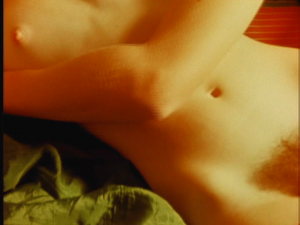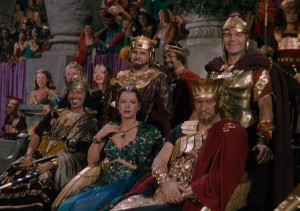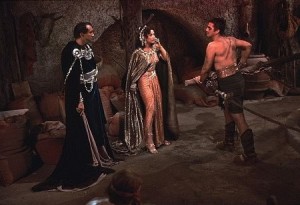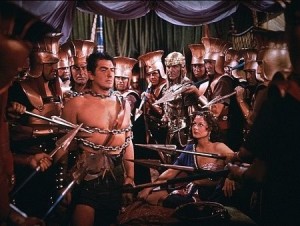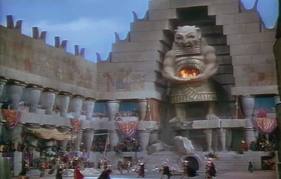YOU ARE NOT I & ADYNATA (1983)
A program note for the Pacific Film Archive, April 5, 1983, to launch a program I selected entitled “Institutional Qualities and Casual Relations: The Avant-Garde Film Today”, put together with the help of Edith Kramer. Most of the films in the series were related to both my book Film: The Front Line 1983, published around the same time, which includes separate chapters on both Sara Driver and Leslie Thornton, and the two courses I was teaching concurrently as visiting professor at the University of California Berkeley Film Studies Department. — J.R.
You Are Not I and Adynata 7:30
Two very different and accomplished films about female identity, Sara Driver’s You Are Not I (1981, 50 min.) and Leslie Thornton’s Adynata (1983, 30 min.) are both dialectically conceived; there the resemblance ends. The first is a very close adaptation of a Paul Bowles story written in the late 1940s, filmed in black and white [cinematography by Jim Jarmusch], about a psychic and territorial war fought between two sisters, one of them a schizophrenic. The second is a non-narrative film about the ideological configurations and semiotic constructions of the East as seen by and filtered through the West, particularly in relation to the female figure — articulated through many different kinds of found material and variable film stock. Read more

